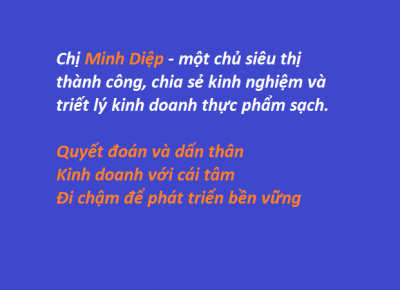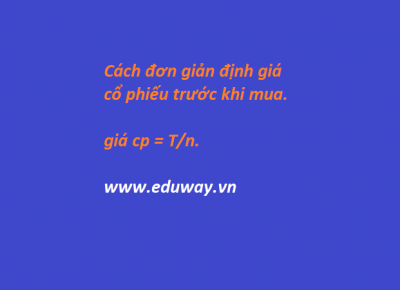Two types of clauses in English
Let’s learn about clause – a group of words that contains at least one subject and one verb. There are two kinds of clauses: independent and dependent.
The independent clauses can stand alone as a simple sentence.
The dependent clauses cannot stand alone, for they don’t express a complete thought.
For example:
I must go to bed early tonight because I am really tired after a long, hard-working day.
In this sentence, the first part in bold is the independent clause. The second part starting with because...is the dependent clause.
As we can see, dependent clause start with subordinators, which are divided into times subordinators (after, as soon as, before, since, until, whenever, when, while), reason subordinators (because, as, since) and place subordinators (where, wherever).
Other examples:
The children turn the TV off when the clock strikes ten o’clock.
Close your eyes while you count to twenty.
After finishing your homework, you can go out and play with your friends.
Before my mom left home to work this morning, she locked all the doors of our house.
Ted called me as soon as he arrived home safely yesterday night.
Whenever astronauts leave Earth’s atmosphere, they experience weightlessness.
The students were silent and nervous as the teacher handed out the test’s result.
We kept walking until it’s dark.
Since noise can change the heart rate and increase blood pressure, it is harmful to the body.
Loud noise is especially harmful as it damages the ear drums.
Rock musicians can lose their hearing because they’re exposed continually to loud noise over a long period of time.
Whenever I feel sad, I talk to my dog.
That is the house where Mozart was born and raised.
That little girl has never returned her home since she left high school twenty years ago.









